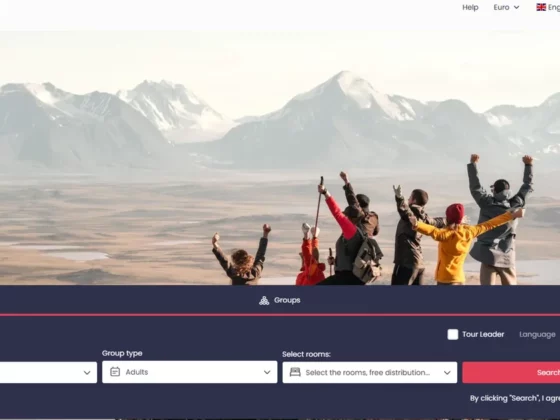Josiah:
How do you balance optimism and realism as a hospitality provider, both leading a company and as you think about your own career? I had the chance to catch up with Mission Hill Hospitality CEO, Greg Kenneally, to talk about this and what else he saw at the lodging conference this week.
Greg:
It was really encouraging to see so many people. I think they had record attendance at. I heard 2700 folks at the conference, which is pretty substantial, so that’s great. It’s always fun to go to these events and reconnect with colleagues and meet new ones. The sentiment was, I would say, mixed. I think the average hotel year is an eternal optimist, so factor that into the math a little bit. But there’s a lot of concern about the rising costs on the operations side of the business labor, op-ex, real estate, taxes, insurance, all those things. So there’s a lot of been moaning those trends. Interest expense has been a huge impact, a negative impact on an existing investors, folks who own hotels, folks who are trying to develop new hotels. That makes for a much more difficult environment to try and advance your business or grow your portfolio. But on the flip side there’s the perpetual optimism around the resiliency of our industry, the fact that we are now, if not fully staffed, largely fully staffed, whereas a year or two ago that was a massive issue. So I think it was mixed in that regard.
Josiah:
How do you balance optimism with realism, let’s say, and maintain an outlook that ends up being productive for you as you lead this firm as an investor, I think when you are making a decision about whether to acquire a hotel, it pays to be a pessimist.
Greg:
Falling in love, believing trees grow to the sky. Losing discipline can have really significant adverse consequences, and so when our team is in that mode of evaluating a deal, we bring a very healthy degree of skepticism and rigor to that process. On the flip side, when we’re thinking longer term about where Mission Hill can grow, where the select service sector is headed, where we can add value to our existing portfolio, those are areas where we tend to see lots of opportunity and that the tone or the mood in those meetings is much more optimistic.
Josiah:
Over your career, you have led investments across such a range of hospitality assets. I want to break this down in a few different levels, Maybe starting at the highest level. Can you describe the case for investing in hospitality versus other assets? What’s unique and what’s interesting in this asset class?
Greg:
When I started my career in real estate, investing hospitality or hotel real estate was in the early stages of becoming a true institutional asset class. The Republican trade, it reads, of course, but it wasn’t as big. In the private equity space. That’s evolved a lot and, I think, which is great for the industry.
Josiah:
Why is that what happens when it’s institutional friendly?
Greg:
It just allows for more growth. There are a lot of hotels that KSL acquired in its early days that were severely undercapitalized and undermanaged, but when you have private equity capital willing to step in, you find yourself in a situation where you can create some truly special hotels and resorts, and I think those investments did very, very well. But it also creates phenomenal guest experience, growth opportunities for employees and so forth, and I think what we have seen subsequently in the global financial crisis and even in COVID is that the hotel real estate is very resilient. It is more volatile historically than other asset classes, but it is incredibly resilient because travel is almost a fundamental human need. If you look at the long-term trends of the travel and leisure industry, broadly defined, and you compare that against a more macroeconomic trend, the growth in travel and leisure is higher and it is, in fact, more resilient, and so from a pure investment perspective, it’s very attractive. It also allows for more levers to be pulled over time. I mean, having invested in an asset manage offices, warehouses, parking garages, apartment complexes you have far fewer things you can do along the journey. Right, if I acquire a hotel and I see upside in, I can get there. With change of brand. I can get there with renovation Most impactfully, of course, is changing out and bringing in great leaders and great teammates to drive that hotel. We talk about aces in their places. That’s a way to really unlock value. It’s less so in other areas of real estate. Some people love that, some people don’t like that. For me it makes it all the more fascinating and enjoyable.
Josiah:
I appreciate you breaking that down because I think, when one of the things that stands out to me when I go to investment conferences is the optimism I feel in the short, but also medium and long terms, and I think, for people listening, regardless of where you are in the ecosystem, it’s important to make a bet with your career on something that has a long-term potential and if you look at all the tailwinds of the industry, it’s very exciting in that regard.




